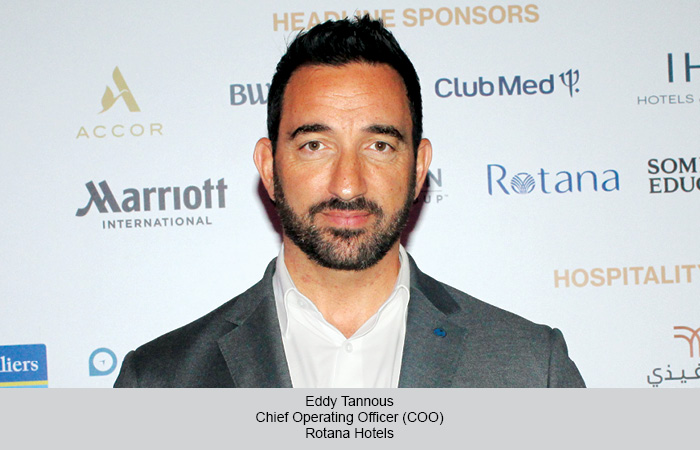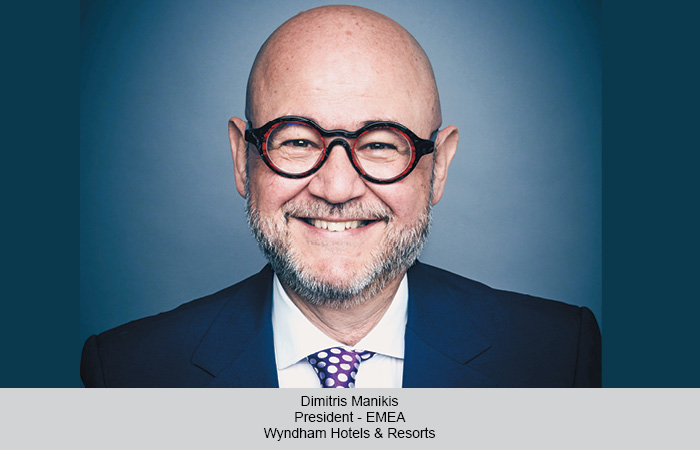In the present day hospitality sector, energy consumption will always be at higher levels. However, technology and simple alternatives could be the solution towards responsible consumption, whilst minimising the negative impact on the environment.
The concept of Sustainability when it was first introduced into the business world was a nice to have – or rather an extra value addition to the brand. The case no longer exists, demanding business to adopt sustainable practices throughout its day-to-day processes, and not as an extra exercise. Benefits of prioritising sustainability includes customer loyalty, cost savings, and especially environmental impact. According to global travel agency Virtuoso, 82 per cent of luxury travellers prefer to travel more sustainably in the future.
Hotel facilities rank among the top five in terms of energy consumption in the tertiary building sector (minor only to food services and sales, health care and certain types of offices). With continuous 24-hour 365-day operations, hotels establish themselves as one of the highest energy and water consumers per square foot. Approximately 50 per cent of energy use goes towards cooling (27 per cent), followed by lighting (23 per cent). (Energy Star)
Industrialization and the advancements of technology has played no supporting role in reducing the consumption of energy. Rewind a few years where WiFi, smart TV, contactless check-ins etc. were considered an additional feature to entice a guest whereas presently it has become an expectation. This transformation no doubt is an addition to capital and maintenance costs, especially in the existing times when the industry is running on slim margins. Solutions exist in understanding the analytics and statistics behind energy consumption, and finding ways through and around while ensuring high guest satisfaction and an exceptional experience.
Smart Solutions
While the expected amenities like a TV or a refrigerator cannot be excluded for the sake of saving energy, Internet of Things (IoT) enables an intelligent analytics platform into the building management system, which provides relevant data to identify and efficiently manage energy usage of the facility, while identifying areas of high waste and suggesting for improvement. Apart from that, renewable energy sources are need of the hour. The best renewable energy source available in
the Middle Eastern region is solar energy. Sustainability is no longer a buzzword. It is a philosophy business should embrace as a core value. Energy consumption will always be at higher levels within the industry. Technology and simple alternatives could be the solution towards responsible consumption.
 TravTalk Middle East Online Magazine
TravTalk Middle East Online Magazine









